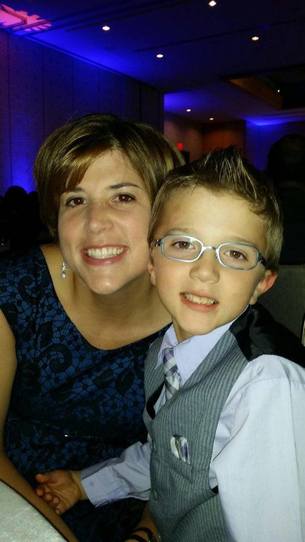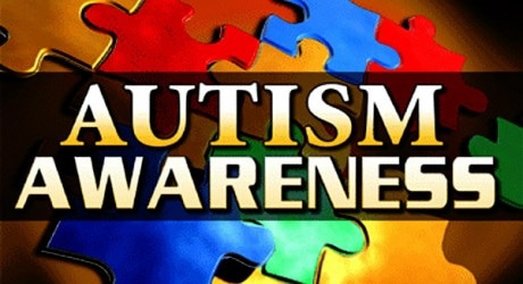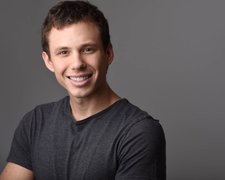A special note from The Write Reflection: April is Autism Awareness Month. In an effort to spread awareness about autism, The Write Reflection will feature guest bloggers this month on the subject of autism. The third and final post in our series is written by Marcy Dadich.
|
Categories
All
Archives
April 2024
|




